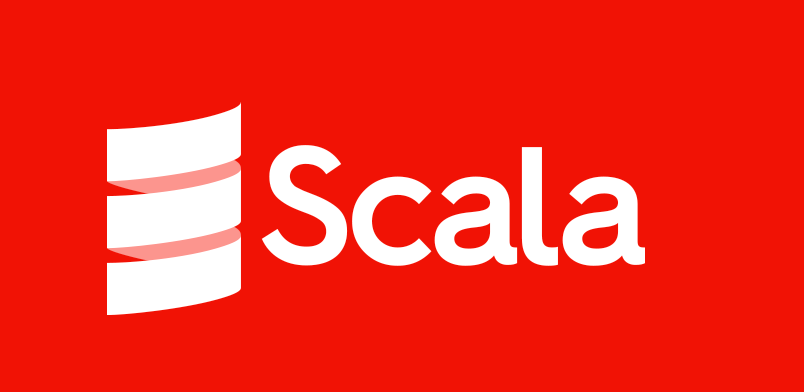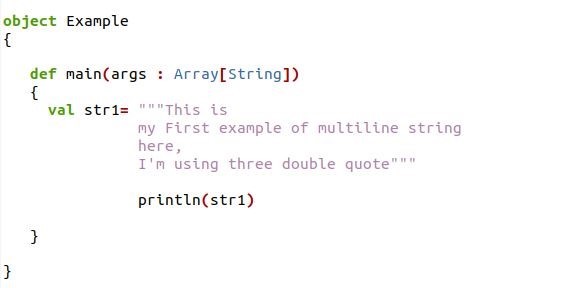Scala
WHAT IS SCALA?
- Scala combines object-oriented and functional programming paradigms, allowing developers to write clean and expressive code while leveraging the benefits of both approaches.
- Scala is designed to be scalable and performant, making it suitable for handling large amounts of data and high traffic loads.
- Scala seamlessly interoperates with Java, enabling developers to leverage existing Java libraries and gradually migrate Java applications to Scala.
- Scala has a strong community and ecosystem, providing extensive documentation, resources, and libraries, making it easier for developers to learn, collaborate, and build a wide range of applications.

USE OF SCALA
- Scala is commonly used in Apache Spark for processing large datasets and performing distributed computing tasks.
- Scala, along with frameworks like Play, enables developers to build scalable and high-performance web applications.
- Scala provides powerful concurrency constructs such as actors and futures, allowing developers to write efficient and concurrent code.
- Scala is utilized in the field of machine learning and data science, integrating with libraries like Apache Spark MLlib and Breeze.
- Many organizations choose Scala for backend development due to its compatibility with Java and its ecosystem of libraries and frameworks.
WHAT ARE THE FEATURES OF SCALA?
Object-Oriented and Functional Programming – Scala supports both object-oriented and functional programming paradigms, allowing developers to leverage the benefits of both approaches in their code.
Strong Static Typing – Scala is statically typed, which provides compile-time type checking and helps catch errors early in the development process.
- Type Inference – Scala has powerful type inference capabilities, allowing developers to write code without explicitly specifying all types, reducing verbosity and improving code readability.


Immutability – Scala encourages immutable data structures and immutable programming, which promotes safer and more predictable code by avoiding unwanted side effects.
Higher-Order Functions – Scala treats functions as first-class citizens, allowing the creation of higher-order functions that can be passed as arguments, returned from other functions, and stored in variables.
- Pattern Matching – Scala provides pattern matching, a powerful mechanism for matching and deconstructing data structures, making it easier to handle complex data patterns and write concise and expressive code.
THE BENEFITS OF LEARNING TO CODE WITH SCALA
Scalability – Scala is designed to handle large-scale applications, making it a valuable skill for building robust and scalable software systems.
Compatibility with Java – Scala runs on the Java Virtual Machine (JVM) and seamlessly interoperates with Java code, allowing developers to leverage existing Java libraries and frameworks.
Functional and Object-Oriented Programming – Learning Scala exposes you to both functional and object-oriented programming paradigms, providing a versatile and flexible approach to software development.
Expressive and Concise Syntax – Scala’s concise syntax allows you to write expressive code with fewer lines, enhancing code readability and maintainability.
- Strong Type System – Scala’s strong static typing helps catch errors at compile-time, reducing bugs and improving code quality.
